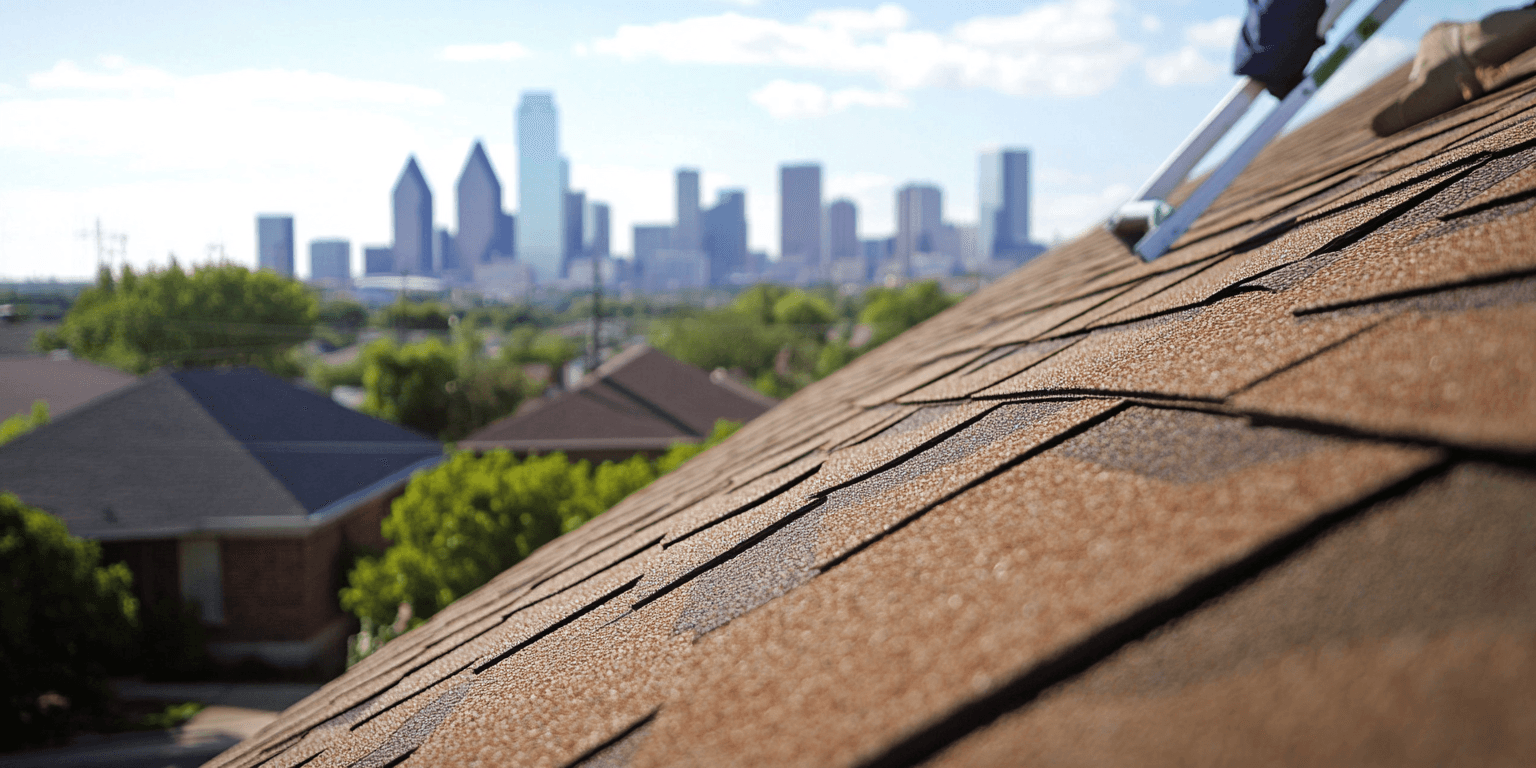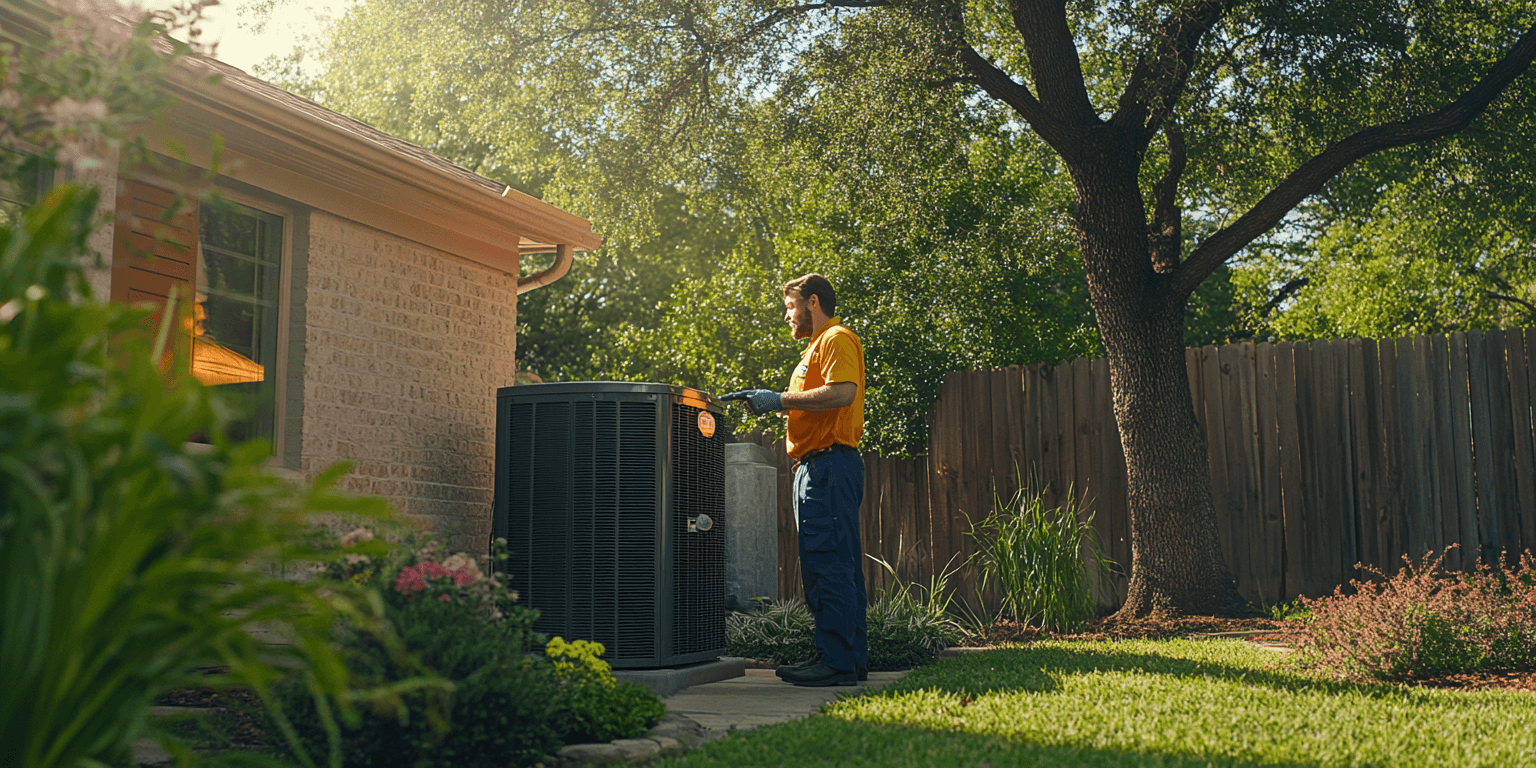Whether you're buying or selling a home, a home inspection is one of the most important steps in the process. It provides a comprehensive assessment of a property’s condition, giving both buyers and sellers critical information to make informed decisions. At 1st Choice Inspection Services TREC#9175, we provide detailed home inspections that uncover potential issues and give you peace of mind before making or closing a deal.
Here’s a complete guide to what a home inspection includes and why it’s essential for both buyers and sellers.

A home inspection is designed to evaluate the condition of a property, from the roof to the foundation. For buyers, it ensures that they aren’t walking into a money pit, while sellers can use it to address potential issues before listing their property, giving them a smoother selling process.
Without a home inspection, serious issues—such as foundation problems, electrical hazards, or plumbing leaks—could go unnoticed, leading to unexpected and costly repairs down the road. A home inspection helps identify these issues so they can be addressed before they cause long-term damage.
A home inspection covers all the major components of a home, providing a clear picture of the property’s condition. Here’s a breakdown of the key areas our inspectors at 1st Choice Inspection Services will assess:
Inspecting the roof and attic ensures that there are no hidden issues that could lead to costly repairs, such as water leaks or structural damage from poor ventilation.
Foundation issues can lead to major problems, so identifying them early is key to protecting the long-term stability of the home.
Identifying electrical problems early can help prevent fire hazards and reduce the risk of system failure.
Plumbing issues can quickly escalate into expensive repairs, so it’s essential to have a clear understanding of the system’s condition before purchasing or selling a home.
A malfunctioning HVAC system can lead to poor air quality, inefficient energy use, and uncomfortable living conditions, so it’s important to know whether the system needs servicing or replacement.
Inspecting the exterior ensures the home is protected from the elements and that drainage systems are working correctly to prevent water-related damage.
Good insulation and ventilation help maintain indoor air quality, energy efficiency, and overall comfort, while preventing costly damage from moisture.
8. Appliances
While home inspections typically focus on structural and system-related issues, we also check the condition of major appliances like the stove, dishwasher, refrigerator, washer, and dryer (if included in the sale). Our goal is to ensure they are functioning properly and to identify any potential issues.

While a standard home inspection covers the major systems and structure of a home, there are some additional inspections that may be recommended depending on the home’s location, age, or condition.
4. Mold Inspection
Mold can develop in homes with moisture problems and can lead to respiratory issues and other health problems. If the home has had water damage or if there are signs of mold growth, a mold inspection is recommended.

Home inspections benefit both buyers and sellers by providing a clear understanding of the home’s condition. For buyers, it can prevent costly surprises and help with negotiating repairs or price reductions. For sellers, it allows them to address any issues upfront and avoid last-minute surprises that could derail the sale.
At 1st Choice Inspection Services TREC#9175, we provide thorough home inspections that give you peace of mind when buying or selling a home. Our detailed reports cover every major component of the home, ensuring that nothing is missed. Whether you're a buyer looking for assurance before making a major investment or a seller wanting to resolve potential issues before listing, a home inspection is an essential step in the process.
A home inspection covers all major systems and components, including the roof, foundation, electrical, plumbing, HVAC, insulation, exterior, and more.
Most home inspections take between 2 to 4 hours, depending on the size of the home and its condition.
A home inspection helps buyers avoid unexpected repairs by uncovering potential issues before the sale is finalized, allowing them to make an informed decision.
Yes, sellers can use a pre-listing inspection to identify and address any issues, making the selling process smoother and more transparent.
While not legally required, home inspections are highly recommended for buyers to ensure they are aware of the condition of the property before making a purchase.
If the inspection finds issues, you can negotiate with the seller to address the repairs or adjust the sale price to cover the cost of necessary fixes.